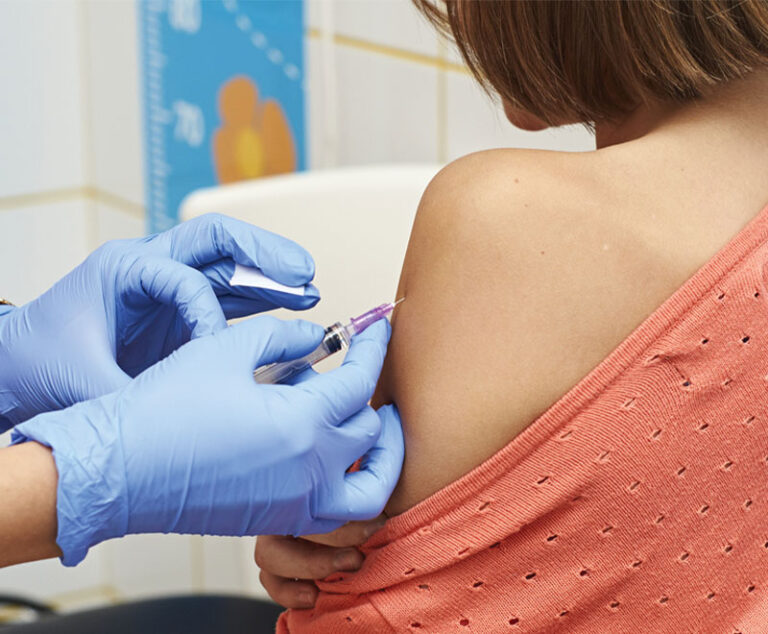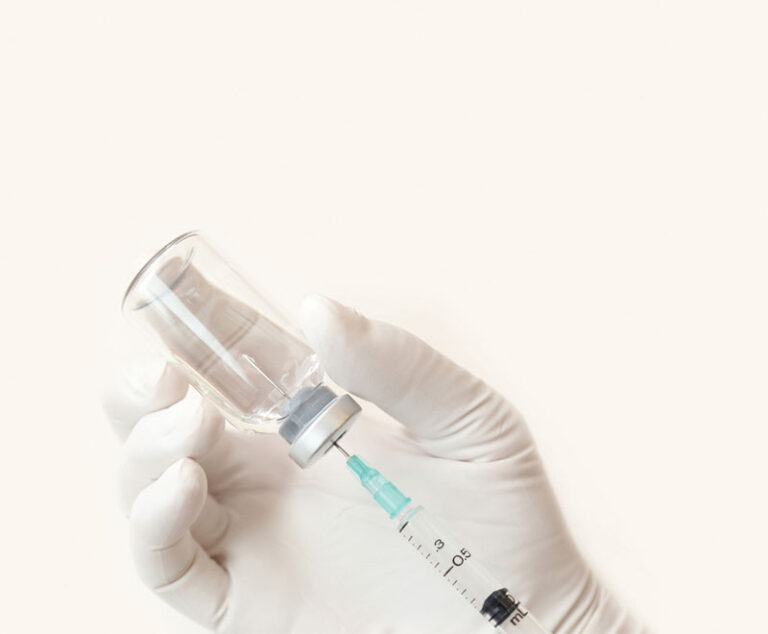Industry News
Research, Science & Manufacturer Updates
A multidisciplinary team of investigators based in New Delhi randomized 120 patients with liver cirrhosis and overt hepatic encephalopathy (HE) to receive oral lactulose therapy or oral lactulose plus 1.5 g/kg/day of human albumin. The primary study endpoint was complete reversal of HE; secondary endpoints included mortality and length of hospital stay.
A study conducted at the University of British Columbia found that mothers are viewed negatively if their child hasn’t been vaccinated, regardless of the reason.
The National Institutes of Health has awarded a $3 million grant to Feinstein Institute for Medical Research scientists to study the relationship between a mother’s autoimmunity during pregnancy and the risk of autism spectrum disorder in her child.
A new study conducted at the Boston Medical Center is the first to support new recommendations for a two-dose HPV vaccine to prevent genital warts in kids younger than 15 years old.
The U.S. Department of Health and Human Services has officially changed the name of AIDS.gov, the federal government’s source for information about HIV, to HIV.gov.
ADMA Biologics, which develops, manufactures and commercializes specialty plasma-based biologics for the treatment of immune deficiencies and prevention of certain infectious diseases, has acquired Biotest Pharmaceuticals’ Therapy Business Unit.
Australian investigators tested the ability of intravenous immune globulin to protect against potential pandemic influenza virus in outbred ferrets, which are naturally susceptible to human influenza viruses and considered a relevant small animal model of human influenza infection.
Results of a new clinical trial show that the bacillus Calmette-Guerin vaccine could permanently reverse advanced type 1 diabetes in mice.
New research suggests a certain strain of influenza virus predisposes mice to developing pathologies that mimic those seen in Parkinson’s disease.
A new study conducted by the Centers for Disease Control and Prevention shows that during the years 2010 through 2014, the influenza vaccine reduced the risk of flu-associated death by half among children with underlying high-risk medical conditions and by nearly two-thirds among healthy children.
The U.S. Food and Drug Administration has approved Novo Nordisk’s Rebinyn (coagulation factorIX [recombinant], glycopegylated) to treat hemophilia B in adults and children.
Human and recombinant apolipoprotein A-I (apoA-I) is the primary functional component of high-density lipoprotein, and has been shown to increase cholesterol efflux capacity and to regress atherosclerotic disease in animal and clinical studies.










